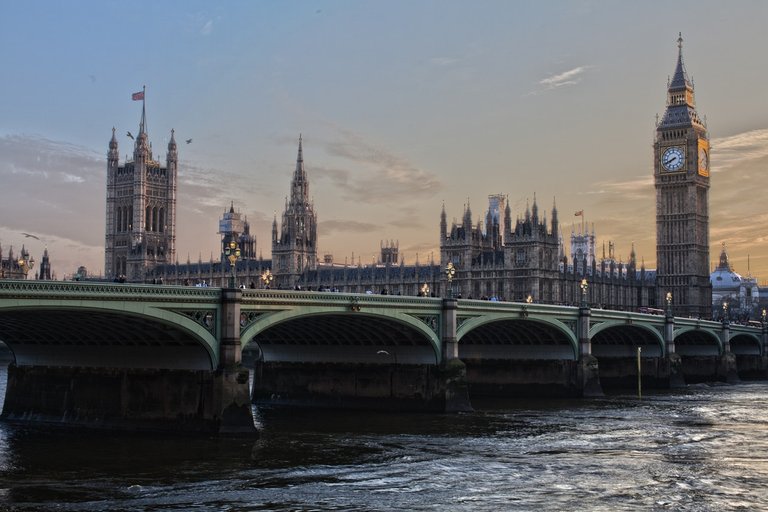George Soros, an American billionaire with Hungarian roots, made it clear in his column in the British "Mail on Sunday" yesterday that he was proud to have donated 400,000 British pounds for an anti-brexite campaign. It was his affection for Britain that prompted him to make this decision.

Soros, a former refugee from Communist Hungary, who earned about USD 1 billion in September 1992 as a currency speculator and who has repeatedly attracted attention as a donor to various non-governmental organisations since then, believes that leaving the EU is a tragic mistake that will weaken Britain.
Last week, details of his donations to Best for Britain were revealed. Best for Britain ", which advocates a UK stay in the EU, has received the six-digit amount of money from the open society foundation network (OSF) funded by George Soros since the Brexit vote in June 2016. The campaign is currently being chaired by Lord Mark Malloch-Brown, a former British government minister and deputy UN Secretary-General. We, like millions of people, believe that Britain should lead and not leave Europe,"says Malloch-Brown. In order to achieve this goal,"we work with activists, companies, trade unions, politicians and community associations".
Meanwhile, George Soros considers it "crucial" to try to change people's views on leaving the EU. In the brexite campaign, unscrupulous agitators were at work. Voters have used the brexit to express their dissatisfaction with the current state of affairs. They didn't think about the consequences."
Soros generated the bulk of his assets in September 1992, betting against what he considered to be the much overvalued British pound and the withdrawal from the European Monetary System (EMS), one of the largest currency speculations in decades. Soros made short selling on a large scale. The British pound fell by 15 percent against the D-Mark within a few weeks, and by as much as 25 percent against the US dollar. Soros was able to collect around one billion US dollars in profit.
With its Open Society Foundations, Soros has been active in Eastern European countries for some years now. He wants to open up the societies there and, according to him, bring them human rights, freedom of expression and democracy.
Educational institutions, media houses and public authorities are the linchpins. The foundations from the OSF network organise conferences, carry out training courses and accompany state institutions in reform and restructuring.
Soros was also involved in the Ukrainian conflict and during the "Arab Spring". Already in 2011, the Ukrainian Party of the Regions (PR) issued a warning message that Soros would turn "Libyan relations in Ukraine into reality" unless it is stopped.
In the midst of the "Arab Spring", Alexander Yefremov, Chairman of the PR Group, said:"I have information that Soro's money has been made available to build up a group of young men here in Ukraine who are always ready to launch scenarios based on the examples in North Africa".
The 87-year-old is far from tired. He also has an eye on Western and Central Europe. He sees Germany as a leading defender of the euro system. On 12 August 2011 he wrote in the Financial Times:"In reality, Germany has no choice. A collapse of the euro would trigger a banking crisis that could no longer be brought under control by the global financial authorities. The longer it takes Germany to recognise this, the higher the price it will have to pay. Angela Merkel can only overcome the political resistance in a crisis atmosphere and only in small steps..."
nice post